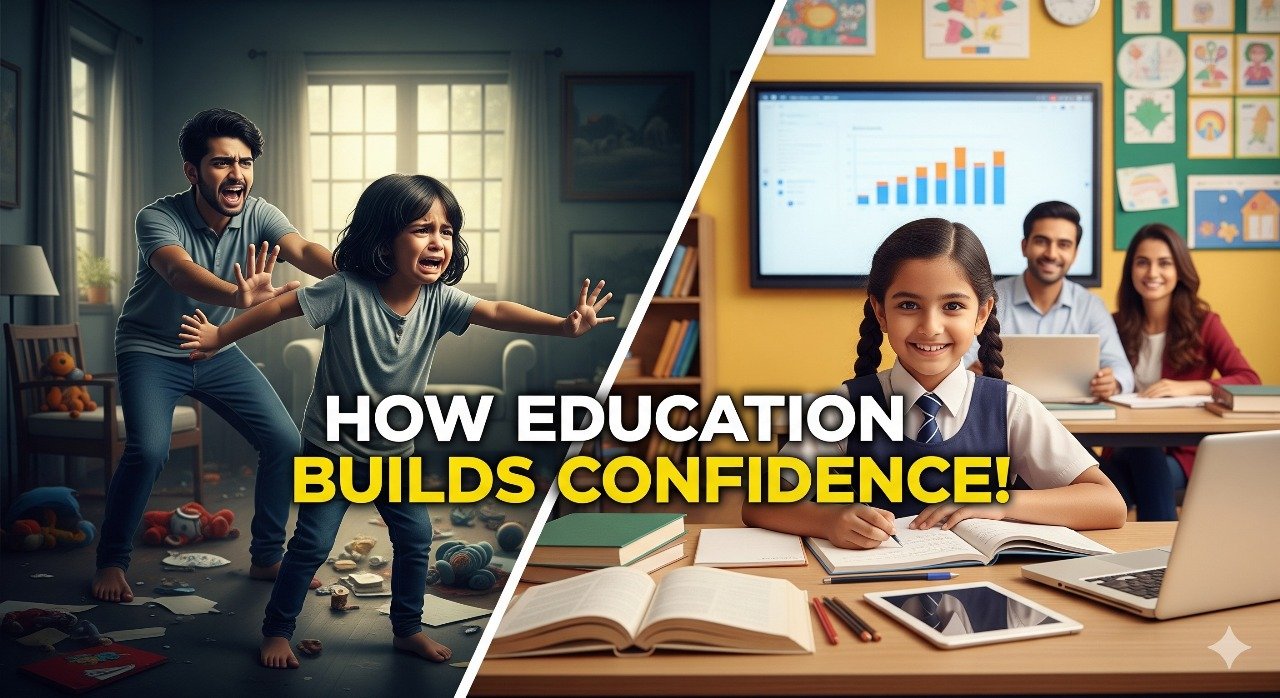
Education is more than just a pathway to grades, degrees, and careers—it is the heartbeat of a child’s growth. Beyond textbooks and examinations, education plays a magical role in shaping young minds, instilling self-belief, and nurturing confidence. From their very first day at school, children start a journey of discovery—uncovering who they are, what they can achieve, and how they belong in the world. With the right guidance, education becomes a joyful force that empowers children with courage, pride, and resilience. In this blog, let’s explore how education helps children grow into confident, self-assured individuals.
Every time a child masters a new skill—whether it’s solving a math problem, reading a story, or presenting in class—they experience a small success. These moments of achievement accumulate, helping children realize that their effort leads to results. Over time, this creates a strong belief in their capabilities.
Teachers often serve as mentors who provide encouragement and constructive feedback. When children are praised for effort, persistence, and creativity—not just results—they develop self-esteem that isn’t easily shaken by failure. This encouragement helps them believe, “I can do it.”
Education equips children with critical thinking and problem-solving skills. Facing academic challenges shows them that struggles are temporary and solvable. By overcoming difficulties, they learn resilience—a crucial ingredient of confidence.
Classrooms are communities where children share ideas, collaborate on projects, and engage in discussions. These interactions build communication skills, empathy, and teamwork, all of which strengthen self-confidence. When children feel heard and respected by peers, their self-esteem grows.
Schools expose children to different subjects, sports, and arts. These opportunities allow them to discover what they are good at and passionate about. Whether it’s excelling in science, drawing, or sports, finding an area of strength gives children a sense of identity and pride.
From completing homework to participating in group projects, education teaches children responsibility. When they learn to manage tasks independently, they feel capable of taking control of their lives—a key aspect of confidence.
Education normalizes mistakes as part of the learning journey. Children who understand that failure isn’t the end but a stepping stone develop a growth mindset. This mindset helps them face challenges with courage instead of fear, reinforcing both confidence and self-esteem.
Education is much more than textbooks and exams—it is a transformative journey that shapes how children view themselves and the world. By providing knowledge, encouragement, opportunities, and resilience, education builds the inner strength children need to thrive in life.
When we invest in children’s education, we’re not just teaching them lessons—we’re giving them the confidence to believe in themselves and the self-esteem to pursue their dreams. 🌼